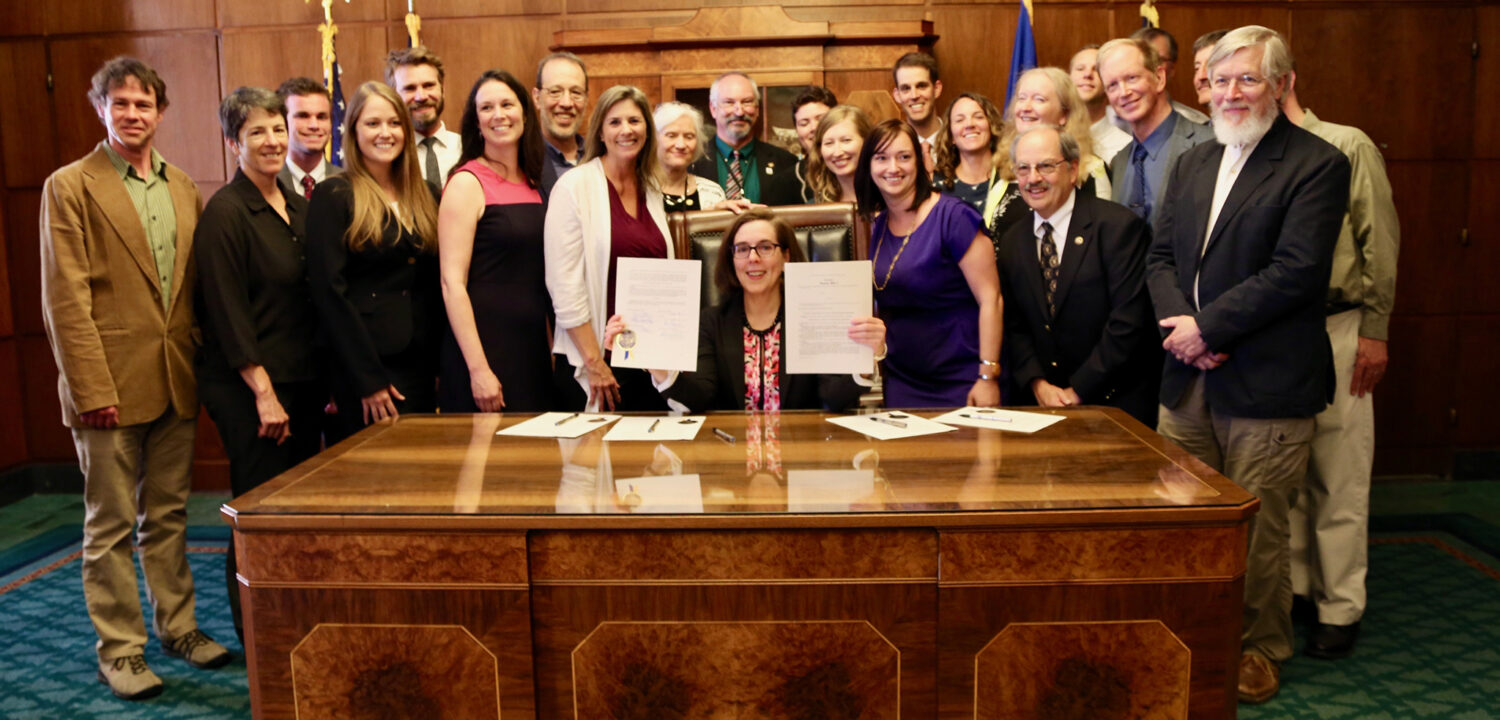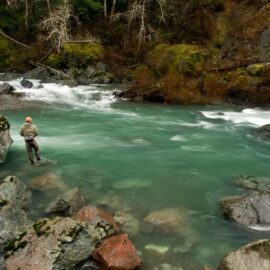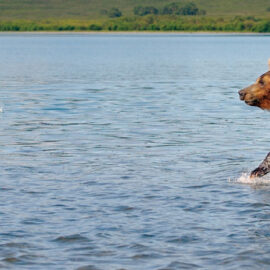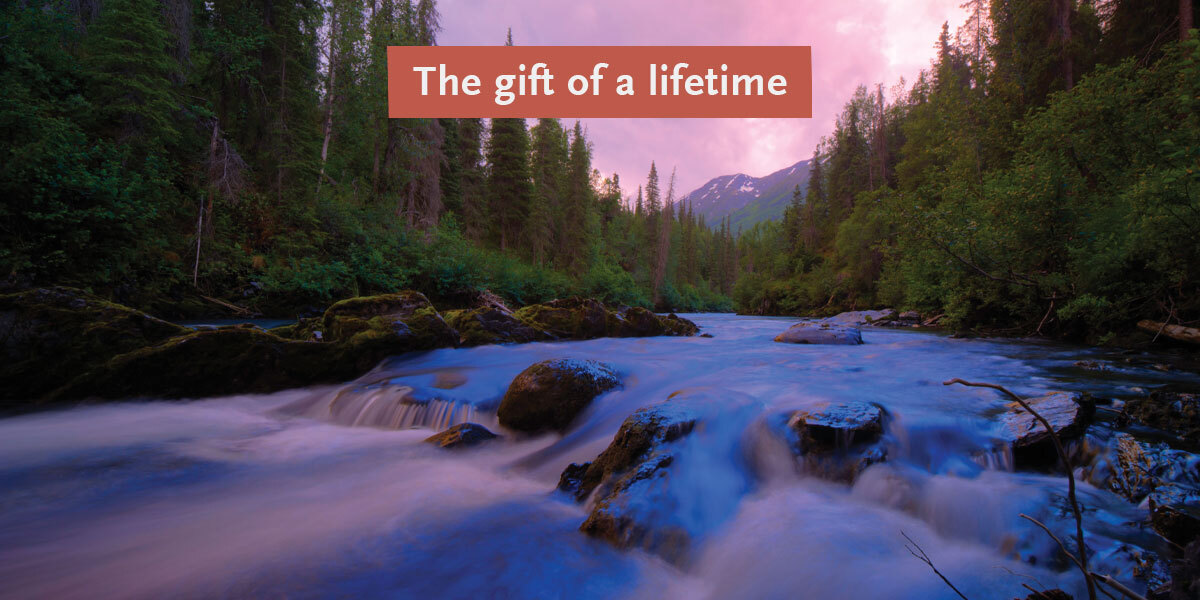New law will phase out harmful practice that affects juvenile fish, particularly in Southern Oregon.
Governor Kate Brown signed the Suction Dredge Reform bill (SB 3-A) in a ceremony Thursday at the state capital in Salem. Representatives from Oregon’s fishing and conservation communities joined Sen. Michael Dembrow (D-Portland), Rep. Pam Marsh (D-Ashland), Rep. Chris Gorsek (D-Troutdale) and Rep. Karin Power (D-Milwaukie), as well as Laurie Bates, wife of the late Sen. Alan Bates, who started the campaign for suction dredge reform several sessions ago.
The bill marks a major achievement for Oregon in protecting essential salmon habitat from harmful suction dredge mining. The bipartisan, common sense law is the result of a multi-year effort that brought together diverse perspectives.
Lawmakers from both sides of the aisle have hailed the passage of suction dredge reform.
“This bill is a good example of how we can work together, find balance and ensure that we are good stewards of our natural resources,” said Rep. Ken Helm (D-Beaverton). “This does not end the practice of dredge mining, it just makes sure that it is happening in a way that does not disproportionately impact our streams and rivers.”
The ills of suction dredging are numerous. Suction dredge mining can trap and kill young fish, smother spawning gravel with fine sediments, and even stir up legacy mercury from historic mining operations. Our Director of Science, Matt Sloat, summed it up this way: “The scientific literature demonstrates a broad array of negative effects of suction dredge gold mining. It clearly works against efforts to recover salmon runs.”
This legislation does not just protect wild fish habitat. Clean rivers that support healthy fish and vibrant recreation are also critical to state and local economies. In 2008, the Oregon Department of Fish and Wildlife found that people spent $2.5 billion on fish and wildlife recreation in the state. The commercial fishing industry also relies on healthy rivers and salmon.
Outside of essential salmon and lamprey habitat, suction dredge mining will be allowed under a Department of Environmental Quality permit that regulates when and how suction dredges can be operated in streams.
We could not have done this without a broad base of support from Oregonians across the state, including partner organizations Rogue Riverkeeper, Oregon Council of Trout Unlimited, Oregon League of Conservation Voters, Pacific Coast Federation of Fishermen’s Associations, Native Fish Society, Cascadia Wildlands, WaterWatch of Oregon, Oregon Chapter, Sierra Club, Association of Northwest Steelheaders, Rogue Flyfishers, and Western Environmental Law Center.




